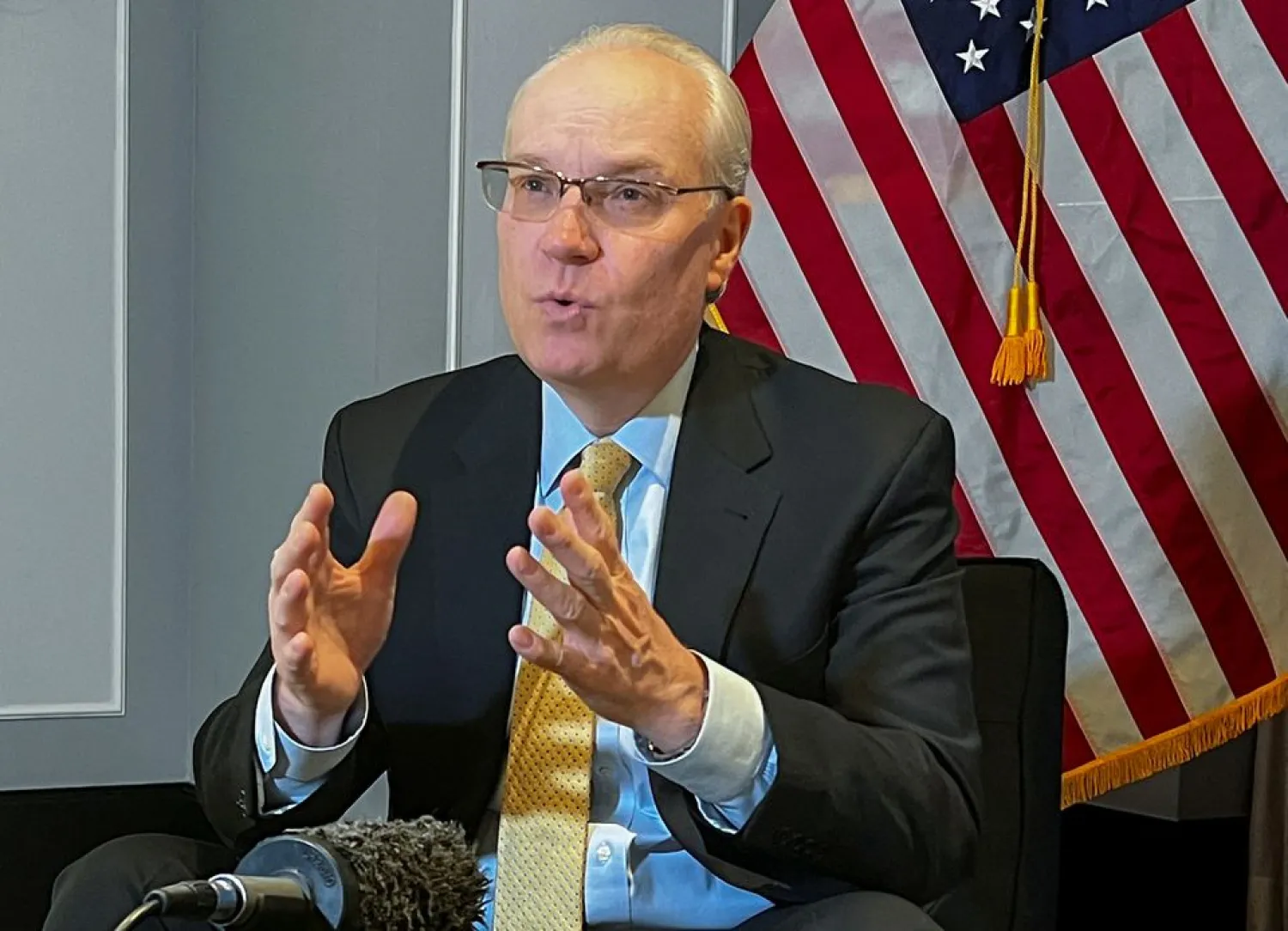US special envoy to Yemen Tim Lenderking headed to the region to visit Saudi Arabia, Oman, and the UAE starting August 11 within the US efforts to help maintain the UN-mediated Yemeni truce.
Lenderking's mission will focus on expanding the truce's benefits to all Yemenis and pave the way for a permanent ceasefire and an inclusive, durable Yemeni-led resolution to the conflict.
The envoy's team also wants to ensure the truce extension for the third time. The deal is being drafted by the UN envoy to Yemen, Hans Grundberg, and his staff.
Lenderking's visit comes a month after US President Joe Biden visited Saudi Arabia.
Before his departure, Lenderking told CNBC that the US is a vital partner to Saudi Arabia and the region's countries.
"The major message that the president brought to the region is that the United States is not going anywhere," Lenderking said.
He noted that diplomatic visits by other global powers to the region were expected but said that the US had asserted its commitment to the region.
A few days ago, the US envoy called on Yemenis to build on the UN-sponsored truce extension and reach a permanent agreement to end the eight-year conflict in Yemen.
Earlier, Lenderking met with the Yemeni ambassador in Washington, Mohammad al-Hadhrami, to discuss maintaining the truce amid fears of escalation of clashes in the Shabwa region, which could undermine efforts to maintain the ceasefire and impede peace efforts.
The truce, extended for the third time, from August 2 until October 2, was described as fragile.
The Houthi group did not abide by the provisions of the ceasefire, which include reducing military escalation and the entry of oil derivatives through Hodeidah port and opening Sanaa airport and crossings.
The United States and European countries support extending the UN armistice for six months to a year and stopping all Houthi attacks.









